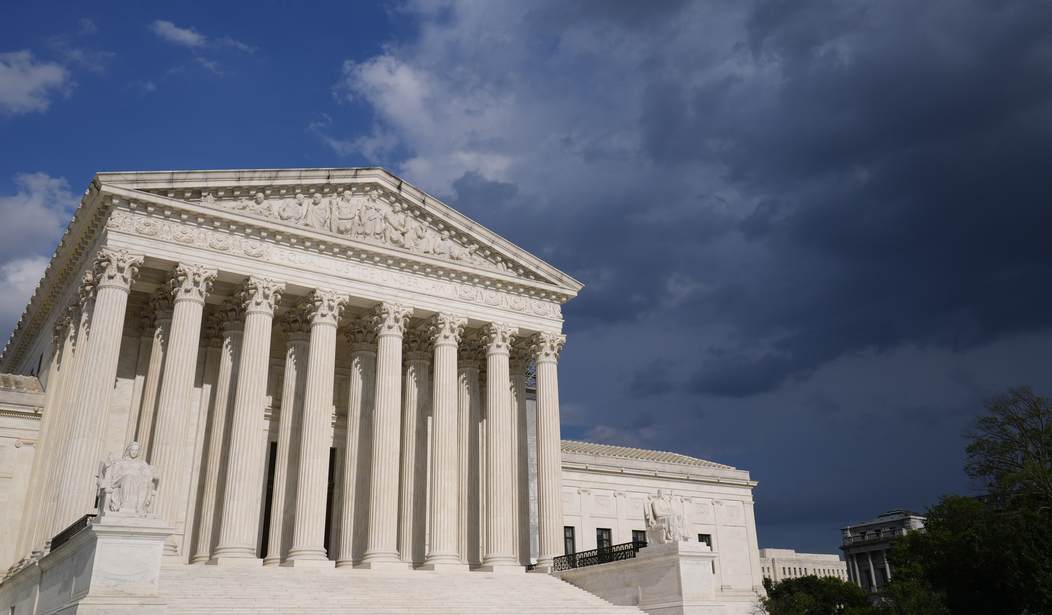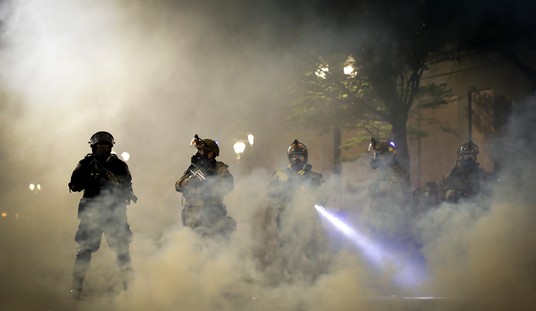Imagine living in a world where you could be jailed for criticizing a politician, or where calling out government corruption could land you in court for defamation. If that was the case, I might have to consider a new line of work.
Yet, that’s precisely what it looked like in the early days of America despite the existence of the First Amendment. In a guest essay for The New York Times, authors Jacob D. Charles (no relation) and Matthew L. Schafer cautioned against possibly bringing America back to those days.
In the article, the authors referred to a federal court of appeals ruling in a First Amendment case:
The challenge invoked a less literal kind of speech, seeking to allow political parties to coordinate spending with party candidates. As expected, the challenge was rejected.
But five judges argued that the case might come out differently if only the Supreme Court would start treating First Amendment cases the way it has recently begun treating Second Amendment cases.
Specifically, Judge John Bush said that judges should discern the original understanding of free speech in “linguistical meaning” and “evidence of how Americans ordered their lives” in the 1790s.
The Second Amendment case to which the authors referred was New York Rifle & Pistol Association v. Bruen, in which the Supreme Court ruled that, among other considerations, gun control laws must be consistent with the “historical” standard of restrictions on firearms.
The primary argument the authors made is that relying solely, or mostly, on historical interpretations of the law to define the scope of free speech is problematic. They contend that taking such an approach could lead to inconsistent, regressive, and ultimately tyrannical rulings that would roll back protections on speech.
“If rules from the 1790s were enforced today, citizens could be jailed for criticizing politicians, public figures could freely use defamation law to punish critics, and schoolchildren would have few if any free speech rights,” the authors stated.
The authors also noted court cases that expanded the right to free speech, specifically a 1943 case where a court “held that the government could not compel students to salute the flag because ‘no official, high or petty, can prescribe what shall be orthodox in politics, nationalism, religion or other matters of opinion.’”
They also brought up a 1971 case that “held that the government could not ban vulgar or offensive speech.”
Yet, in the 17th and 19th centuries, the government had no problem with restricting speech in a way that seems foreign to us today:
Historically, the wrong kind of speech could land you in jail. Laws criminalizing blasphemy, government criticism, tepid sexual content, and other speech viewed to be bad or harmful were commonplace at the country’s founding.
Another historical example the authors offer is the prohibition of abolitionist speech in Southern states, showing how restrictions on speech were used to uphold oppressive institutions such as slavery. “Throughout our history, the government prosecuted undesirable political minorities,” they pointed out.
Of course, the authors made some valid points when it comes to the need to preserve today’s protections on speech. It is true that the nation’s understanding of free speech was far narrower during the founding era and beyond. Any government that allows for criminal penalties against those who criticize the state is clearly not following the spirit or letter of the First Amendment.
Nevertheless, this does not mean history has no part to play when adjudicating law related to the protections laid out in the Bill of Rights. This is especially true of gun rights, which were arguably broader during the time of the nation’s founding.
The original understanding of the right to keep and bear arms was tied to self-defense and resistance to tyranny. The intent of both amendments was to preserve liberty and serve as a check on government efforts to crack down on gun rights and speech. In this vein, looking at history to assess proposed or existing restrictions on gun ownership is appropriate as it concerns the promotion of liberty.
In fact, any court decision should be made through the lens of liberty, seeking to ensure the state does not infringe on any of our rights without an exceedingly good reason. The Framers sought to create a system of governance that would make it difficult for the state to impose laws or policies that make it more intrusive in our lives. The goal was to cultivate a society free from oppressive and unnecessary restrictions imposed with the threat of government violence.
The north star for any court should be liberty, regardless of whether it is in line with historical precedent. Otherwise, those seeking to violate our rights will find it far easier to do so.













